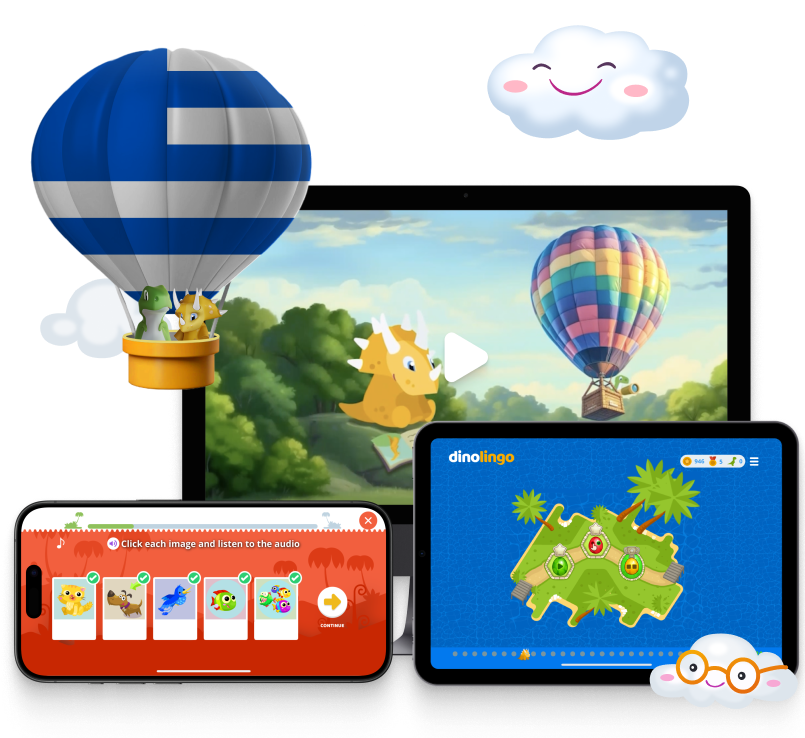Amazing Greek Fun Facts Every Kid Should Know
Greece is one of the oldest and most fascinating cultures in Europe. From mythology and democracy to food and science, Greek traditions continue to shape the modern world. Let’s explore some fun facts about Greece that kids will love learning!
Greece Invented Democracy and the Alphabet
Did you know that democracy—a government where people vote—started in ancient Greece? The Greeks also created the first alphabet. In fact, the word “alphabet” comes from the first two Greek letters: alpha and beta. Some English letters like A, B, E, and O come directly from Greek!
The Olympic Games Began in Greece
The first Olympic Games were held in ancient Greece to honor Zeus, the king of the gods. They took place every four years, just like today. Olive leaf crowns were used to reward winners—just like in modern opening and closing ceremonies!
Greek Thinkers Changed the World
Greece was home to brilliant scientists and mathematicians:
- Eratosthenes measured the Earth’s size.
- Aristarchus said the Earth moves around the Sun.
- Archimedes explained how levers and pulleys work.
- Hipparchus studied how stars and planets move.
They helped shape what we know about science today!
Greek Architecture is Still Everywhere
The beautiful pillars on Greek temples inspired the designs of many modern buildings, like libraries, churches, and government halls.
Mount Olympus and Mythology
Greek gods were believed to live on Mount Olympus, the highest mountain in Greece. The most powerful god was Zeus, who ruled the sky. The stories of Greek gods and goddesses are called myths—and many are still told today!
Aesop’s Fables Teach Life Lessons
You might have heard stories like The Tortoise and the Hare. These are called Aesop’s fables—short tales where animals talk and each story ends with a moral or life lesson. Aesop was a Greek storyteller from over 2,500 years ago.
Easter is Bigger Than Christmas
In Greece, Easter is the most important holiday—even more than Christmas! Kids dye eggs bright red and play a fun game called Tsougrisma, where they try to crack each other’s eggs. The last unbroken egg is believed to bring good luck.
Delicious Greek Foods
Greek cuisine is full of tasty dishes like:
- Avgolemono – a lemon and egg soup
- Moussaka – layered eggplant with meat
- Baklava – sweet pastry with nuts and honey
Olives and olive oil are found in many meals, and because Greece is surrounded by the sea, seafood is very common too!
What Does the Greek Flag Mean?
The Greek flag has blue and white stripes and a cross in the corner. The cross represents the Greek Orthodox Church, the main religion in Greece. The blue and white colors stand for the sea and sky of this beautiful country.
How the Government Works
Greece is a parliamentary democracy. People elect leaders to a 300-member parliament, which makes laws. There’s a Prime Minister and a President (who is chosen by the parliament, not the people).
Learn More About Greece With Dinolingo
From ancient gods to delicious food and exciting holidays, Greece has so much to explore. Dinolingo’s Greek lessons help kids learn the language while discovering fun cultural facts through games, songs, and stories.
With Dinolingo, learning Greek is both fun and educational!
Start Learning a New Language Today!
Best Language App for Kids.
7-day free trial. Then only $19/month. Cancel anytime.

